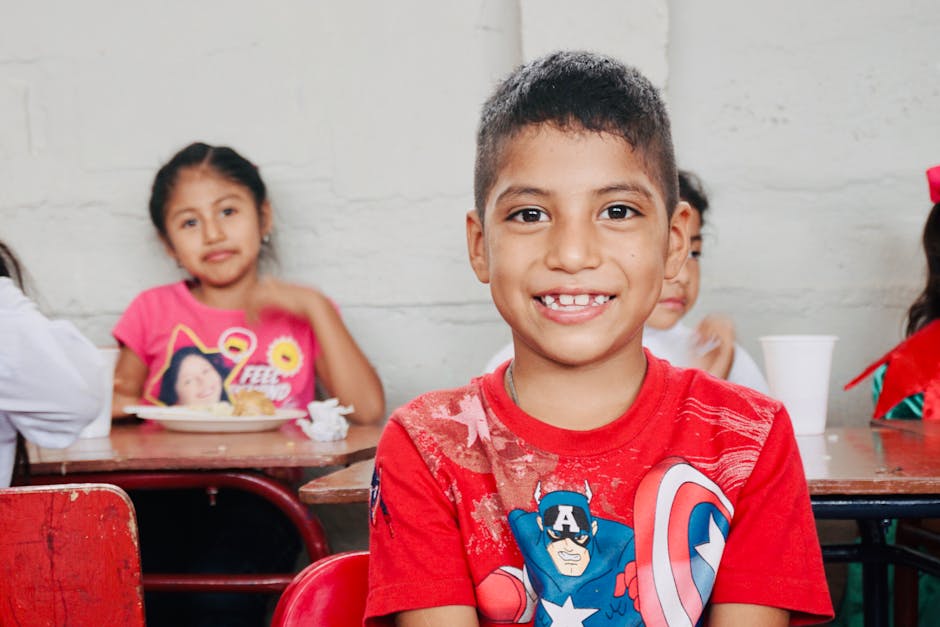No products in the cart.
MC USA Launches Scholarships to Support BIPOC Students
MC USA has launched scholarships to support BIPOC students in their educational pursuits. Learn more about this initiative and its significance.
Elkhart, Indiana — Mennonite Church USA (MC USA) has unveiled a new scholarship program specifically designed to support Black, Indigenous, and People of Color (BIPOC) students pursuing higher education in the United States. This initiative aims to address educational disparities and promote diversity within academic institutions.
The scholarship program, announced on October 8, 2025, is a response to the ongoing challenges faced by BIPOC students in accessing quality education and financial resources. With rising tuition costs and a competitive job market, many students from marginalized communities struggle to fund their education. MC USA’s initiative seeks to alleviate some of these financial burdens.

According to the National Center for Education Statistics, BIPOC students are underrepresented in higher education and often face significant barriers, including financial constraints and a lack of institutional support. The MC USA scholarships aim to bridge this gap by providing essential funding to eligible students. The program is open to all BIPOC students who are members of MC USA congregations and are enrolled or planning to enroll in accredited colleges and universities.
In addition to financial assistance, the scholarships are designed to foster leadership development and community engagement among recipients. MC USA is committed to empowering BIPOC students not only through funding but also by providing mentorship and networking opportunities. This holistic approach seeks to cultivate future leaders who can contribute positively to their communities.
According to the National Center for Education Statistics, BIPOC students are underrepresented in higher education and often face significant barriers, including financial constraints and a lack of institutional support.
The initiative reflects a broader trend in higher education, where institutions are increasingly recognizing the importance of diversity and inclusion. Many universities have implemented similar programs to support underrepresented groups, acknowledging that a diverse student body enhances the educational experience for all.
From a financial perspective, the scholarships are funded through donations and grants from various sources, including individual donors and church organizations. MC USA has set a goal to raise $500,000 over the next three years to sustain and expand the scholarship program. As of now, the church has already secured $100,000 in initial funding, which will allow them to offer multiple scholarships in the program’s inaugural year.
Critics argue that while scholarship programs like this are essential, they are not a panacea for systemic issues within the education system. Inadequate K-12 education, limited access to advanced placement courses, and socio-economic barriers continue to hinder BIPOC students’ academic success. Addressing these challenges requires comprehensive policy changes at both the state and federal levels.
Despite these criticisms, the MC USA scholarship program represents a significant step towards creating a more equitable educational landscape. By investing in BIPOC students, MC USA is not only supporting individual aspirations but also contributing to a more inclusive society.
Inadequate K-12 education, limited access to advanced placement courses, and socio-economic barriers continue to hinder BIPOC students’ academic success.
Looking ahead, the success of this initiative could inspire other organizations and institutions to develop similar programs. As awareness of educational disparities grows, the demand for targeted support for underrepresented students will likely increase. The MC USA’s commitment to funding BIPOC education stands as a model for others to follow, emphasizing the importance of accessibility and representation in higher education.











